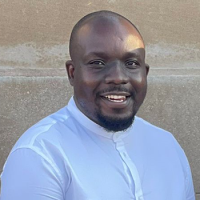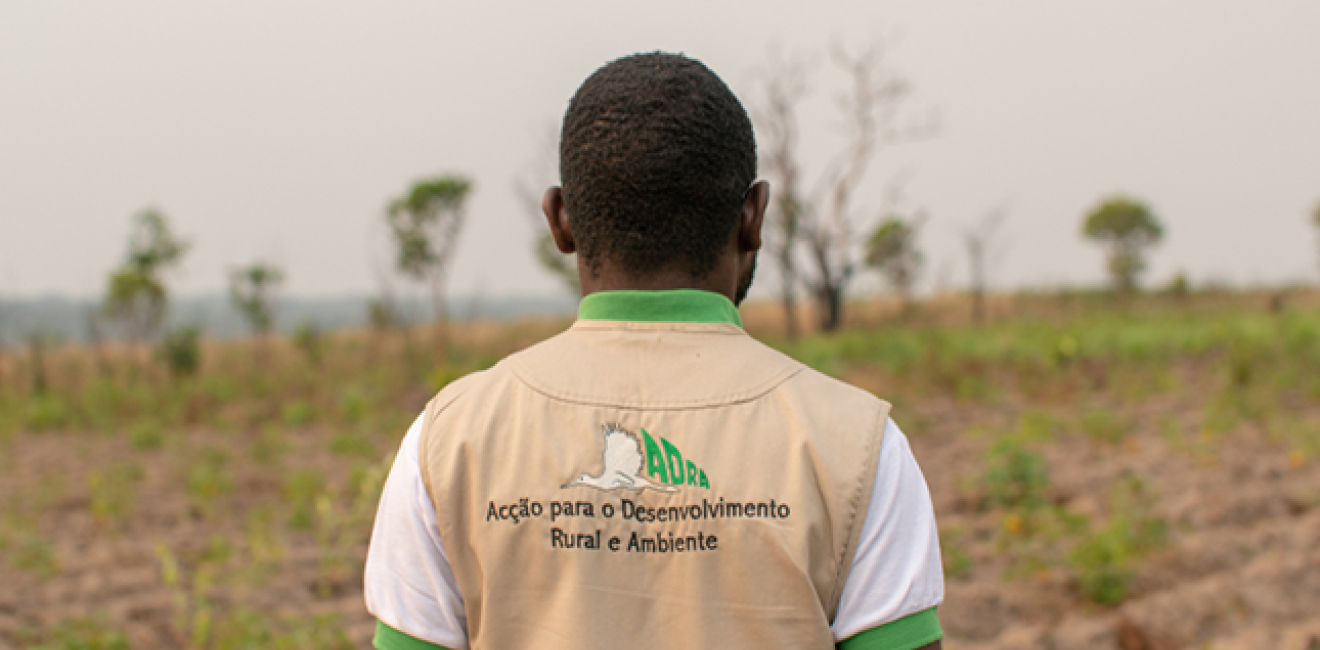
A blog of the Africa Program
Introduction
Libya, Sudan, South Sudan, Burkina Faso, Niger, Chad, Mali, the Central African Republic, Guinea, Guinea-Bissau, Cameroon, Ethiopia, Mozambique, and Zimbabwe are some of the countries with either the most pressing security situations or the longest-standing democratic regressions or stagnations in Africa. The countries in the Sahel have been afflicted by continuous internal and cross-border security challenges, such as intense armed conflict and severe terrorist attacks spearheaded by Jihadist groups like Boko Haram, Al Qaeda, and Ambazonia separatists as well as Islamic State-linked groups. Political instability characterized by a slow pace of reforms, economic malaise, and public discontent marred Sudan's democratic transition. South Sudan has been struggling with the effects of civil war to attain stability. Mali, Chad, Guinea, Burkina Faso, and Zimbabwe have all seen different variations of coups and growing authoritarianism in the last couple of years. Libya is in the throes of armed conflict between two rival administrations. Meanwhile, in Ethiopia, government forces are mired in an intractable conflict with Tigrayan nationalists. Mozambique is only just managing to contain an Islamist insurgency in its Cabo Delgado region.
Civil society, and non-governmental organizations (NGOs) in particular, are important players in any society — particularly in complementing government efforts to deliver public goods and services. Logically, countries that are experiencing severe conflict need NGOs, especially where state capacity to provide social services has broken down and where war has destroyed the lives and livelihoods of citizens. On the flip side, the ability of NGOs to freely operate and program in a country is an essential indicator of the state of respect for civil liberties in any country. Since its launch in 2012, the Africa Integrity Indicators (AII) focuses on African governance, examining how policies are implemented to support states, citizens, and civil society in assessing key socioeconomic and political mechanisms across the continent. In this light, AII, implemented by the African Institute for Development Policy (AFIDEP), has indicators that measure government obstacles for NGO operations including: murder, imprisonment, interrogations, threats, and physical harm of NGO functionaries as well as NGO shutdowns, harassment, unwarranted administrative burdens, investigations/sanctions as retribution for their work. The data is collected by in-country researchers in each of the 54 African countries and then goes through a peer review process conducted by a combination of country and thematic experts. Since 2019, AII has focused on the in-practice elements of the data which revolves around what is actually obtaining on the ground regarding the implementation of relevant legislation across the various indicators.
Obstacles and Stifling of NGO Operations
According to the findings of the previous cycle (Cycle 10) of AII, which ended in July 2022, most of the countries listed above scored poorly in the indicators highlighted above. In Libya, the Commission on Civil Society (CSS) creates many obstacles to curtail the operations of non-profit organizations. The registration process in the CCS regulation draft remains complicated, and it takes a long time for NGOs to be approved and registered officially. NGOs in Ethiopia are struggling to operate as the onset of war in the North has resulted in the increased governmental scrutiny and interference, especially for foreign organizations, and many of them feel that this is putting pressure on them to toe the official line to continue operating. The authorities justify their actions as ensuring national security as Tigrayan forces could use NGOs to spread misinformation or smuggle in weapons. In Guinea, former President Alpha Condé declared war against both national and international NGOs as he accused them of being on a crusade to soil the country's image internationally.
Killings, Imprisonment, Torture, and Physical Harm
In South Sudan, there were persistent cases in which humanitarian aid workers from organizations such as Joint Aid Management, CARE International, International Rescue Committee, and Doctors with Africa were found dead across different states of the country. In the Central African Republic, an expatriate employee of the Danish Refugee Council suffered severe injuries in a mine explosion. In Zimbabwe, abductions, kidnappings, arbitrary arrests, and torture are popular tools that the government used to quell dissent. Including the weaponization of COVID-19 emergency regulations, the Zimbabwean state used all these tools against functionaries of Civil Society Organizations (CSOs) such as the Zimbabwe National Students Union (ZINASU) and the Amalgamated Rural Teachers Union of Zimbabwe (ARTUZ).
NGO Shutdowns and Retributive, Unwarranted Administrative Burdens
In Niger, the government suspended the operations of the international NGO Agency for Technical Cooperation and Development (ACTED) in the Diffa region for carrying out activities that contradict its statute and its partnership framework with the state. ACTED was accused of having subversive connections with a terrorist organization. In Ethiopia, international non-profits are how having trouble in obtaining visas for their expatriate employees — some being delivered when they have expired. Ethiopian authorities have even stopped issuing visas on arrival, which significantly complicates life for expatriates who intend to spend short periods in Addis Ababa. In Zimbabwe, President Emmerson Mnangagwa approved laws governing Private Voluntary Organizations (PVOs) that enable the state to suspend, penalize, or sanction boards whose operations it deems unlawful. The new legislation allows the monitoring of NGOs, strictly prohibits political involvement and lobbying, and outlines punitive penalties for violating the regulations.
The big picture communicated by these findings is that the situation regarding NGO operations in conflict hotspots is largely adverse.
Green Shoots
While the picture is bleak for most countries regarding the operations of civil society, it is important to note that in rare instances, some countries would post impressive scores in a few of the indicators. In Guinea-Bissau, for instance, establishing an NGO is surprisingly simple as it just requires the minutes of a meeting establishing an organization, proposed statutes, and particulars of the founding members. In Mozambique, there were no reports of killings, detentions, harassment, intimidation, or any form of physical harm. Additionally, no reports indicate NGO closures or the placing of punitive administrative burdens on non-profits as retribution for their work. These exceptions demonstrate that NGOs can operate freely in conflict-ridden countries; therefore, some of the justifications that states give to clamp down on civil society might just be excuses for authoritarianism. Governments in conflict-ridden countries should demonstrate higher commitment and political will to investigate violent crimes, harassment, and imprisonment of NGO functionaries to ensure that the law takes its course and that justice prevails in creating a conducive environment for their operations. Through this realization and the consideration of the state's limitations in delivering social services, NGOs can actually play an important complementary role and it is in the countries' best interests not to burden them with unwarranted administrative burdens or investigations.
Mziwandile Ndlovu, Ph.D is a Research and Policy Analyst working with the African Institute for Development Policy (AFIDEP). He currently works on the Africa Integrity Indicators (AII) project as Anglophone Africa Project Manager.
Photo Credit: Unidentified contributor to an Angolan Non-Governmental Organization by maurodopereira/shutterstock.com
The opinions expressed on this blog are solely those of the authors. They do not reflect the views of the Wilson Center or those of Carnegie Corporation of New York. The Wilson Center's Africa Program provides a safe space for various perspectives to be shared and discussed on critical issues of importance to both Africa and the United States.
Author


Africa Program
The Africa Program works to address the most critical issues facing Africa and US-Africa relations, build mutually beneficial US-Africa relations, and enhance knowledge and understanding about Africa in the United States. The Program achieves its mission through in-depth research and analyses, public discussion, working groups, and briefings that bring together policymakers, practitioners, and subject matter experts to analyze and offer practical options for tackling key challenges in Africa and in US-Africa relations. Read more

Explore More in Africa Up Close
Browse Africa Up Close
The Innovative Landscape of African Sovereign Wealth Funds



